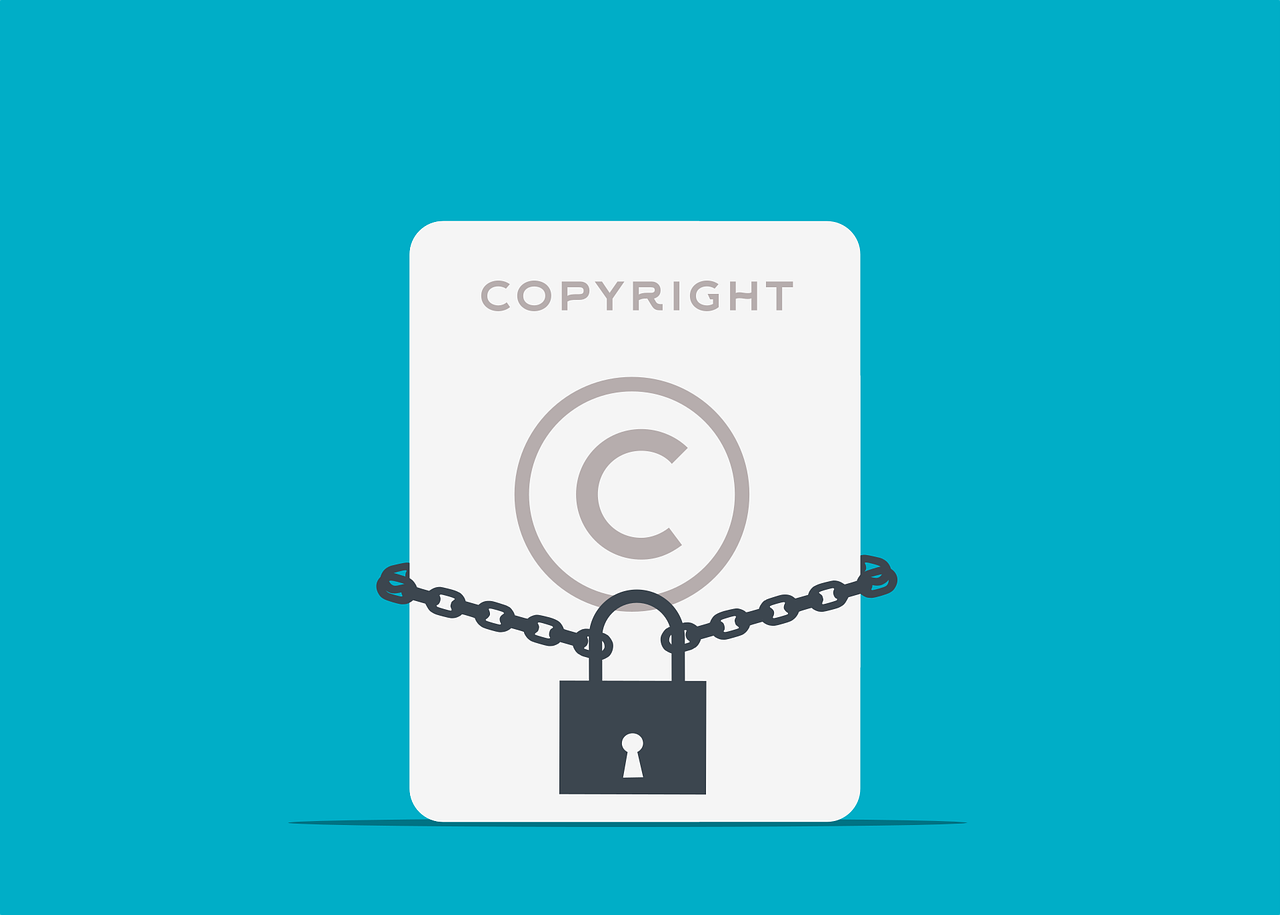What Exactly is Intellectual Property -- and What Does This Mean for Your Business?
ByJulian Gette
Workast publisher

Workast publisher
Diving into the world of Intellectual Property (IP) can feel like stepping into a labyrinth where complex legal frameworks guard the treasures of innovation and creativity. It's the unseen force that fuels businesses, propelling them from mere startups to industry leaders.
However, understanding IP isn't just for legal eagles; it’s crucial for any entrepreneur or business owner looking to carve out their niche in today’s competitive landscape. In this guide, we'll unpack what IP is, the different types, and its monumental impact on safeguarding and advancing your business aspirations.
At its core, intellectual property (IP) refers to creations of the mind: inventions, literary works, designs, symbols, names, and images used in commerce. Think of it as a protective bubble around your brainchild, be it a groundbreaking gadget or an eye-catching logo for your coffee shop.
Intellectual property falls into three different categories, namely trademarks, copyrights, and patents. Each serves its unique purpose in the grand scheme of protecting your business assets while carving out your unique market space.
Trademarks are all about branding. They're like the distinctive tattoos of the business world, marking everything from your company's name to its logos and slogans. When you trademark something, you’re telling the world, “This is ours; back off!”. If you have generated an aesthetically pleasing logo for your brand using an online logo maker and want others to stay away from it, the trademark can help you with it.
Plus, it’s a major player in building brand recognition. Customers see your trademarked logo or hear your catchy jingle, and instantly, they know it's you. In short, trademarks aren’t just legal tools; they're powerful allies in carving out your slice of the market pie.
Copyrights are the unsung heroes for creative folks. This is where writers, artists, musicians, and even software developers find their peace of mind. Copyrights swoop in to protect original works of authorship—be it a novel, a song, or the sleek code behind your latest app.
The magic of copyrights kicks in the moment your masterpiece moves from brainwave to tangible form. No need for fancy filings; it's automatic protection that spans decades. However, remember this: while the expression is guarded with gusto, the underlying idea remains a free game—keeping that fine balance between inspiration and imitation intact.
Patents are like knights in shining armor for inventors and innovators out there. If you have a fresh invention or a novel process that could shake up the market, patents are your go-to for keeping copycats at bay. This type of intellectual property protection gives you exclusive rights to make, use, sell, or distribute your brainchild for a set period.
However, the road to patenting is not for the faint-hearted—it's detailed, requires full disclosure of your innovation, and can take years. But once granted, it’s powerful, letting you monopolize your creation and potentially rake in those rewards big time.
Embracing the power of Intellectual Property (IP) can be a game-changer for your business, acting as a catalyst for growth and resilience. It’s not just about legal rights; it's about establishing a strong brand identity, differentiating yourself in a saturated market, and securing a competitive edge. When you protect your creations through IP laws—may it be an innovative product, a unique service process, or distinctive branding—you essentially build barriers against imitation and infringement.
Moreover, IP can turn into valuable assets that attract investments or collaborations. It’s like planting seeds today that could grow into towering trees tomorrow. Businesses with solidified IP strategies often see increased valuation, customer trust, and opportunities for expansion—solidifying their foothold in the marketplace with each protected idea or innovation.
Securing your IP isn't just wise; it's crucial for safeguarding the essence of what sets your business apart. Start with understanding exactly what aspects of your creations can be protected and under which category they fall—patents, copyrights, or trademarks. Then, it’s about getting the paperwork in: consider a detailed application for patents or registering your trademarks and copyrights where applicable.
Don’t overlook the value of expert advice, either. Teaming up with an intellectual property law firm can offer you tailored guidance and ensure that every I is dotted and every T is crossed in protecting your innovations. After all, forearmed is forewarned—especially when it comes to navigating the complex waters of IP protection.
Intellectual property is a powerful ally in your business journey. Recognizing the value and potential of your intangible assets is the first to use IP to unlock doors to growth, innovation, and market leadership.
So whether you're brainstorming your next big idea or scaling new heights with an existing venture, consider how IP can serve as both your shield and your stepping stone. It's time to make IP work for you.
